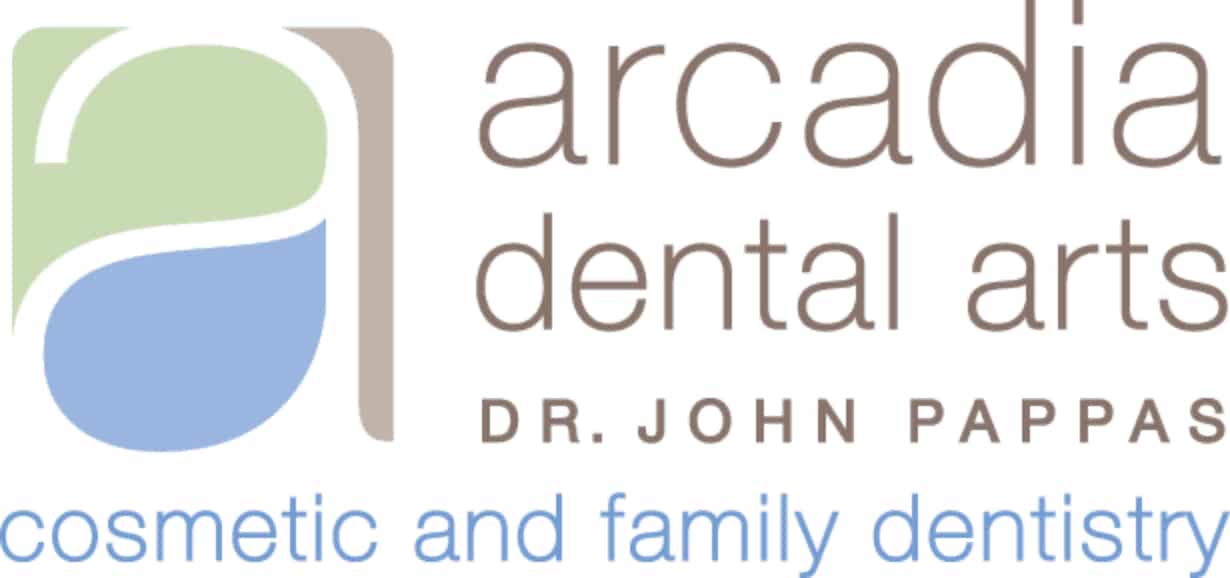While bone is naturally very rigid, it isn’t necessarily permanent or unalterable. In fact, bone is known to be highly dynamic, as it constantly goes through a cycle of regeneration and resorption. In this latter cycle, the osteoclasts break down the body’s bones – including the jawbone – to release needed minerals, such as calcium, into the blood. However, the process is often interrupted when teeth are missing from the mouth which can lead to many negative consequences.
Jaw bone are known to keep their structure, size, and volume through natural activities such as chewing; however, once the teeth are no longer present, the body thinks that the calcium once in the teeth is no longer needed, which then causes the bone resorption process to occur. During resorption, the bone growth and maintenance stops at the site where a tooth or several teeth are missing. A section of the jaw bone that holds the teeth in the mouth, known as the alveolar bone, will no longer receive stimuli, which then causes bone resorption.
What Causes Bone Resorption?
Generally, bone resorption occurs when teeth are missing or severely damaged due to an oral deformity, trauma, or disease, such as tooth decay. Tooth extractions, periodontal disease, and dentures have also been linked to causing bone resorption in the jaw.
Bone resorption is best prevented through proper dental care and hygiene. Patients who are missing a tooth or teeth should seek out a dentist, such as Dr. Pappas, who offers dental implants. Unlike dentures, dental implants are beneficial for the health in various ways. Dental implants are anchored to the jaw bone, which allows for the natural and mechanical stimuli of biting and chewing to occur. If bone resorption in the jaw occurs for a long period of time, patients may experience pain while chewing, eating, and talking due to an ever-shrinking jaw bone.
To protect your teeth, smile, and your jaw bone, be sure to schedule an appointment with Dr. Pappas today. Dr. Pappas will ensure that your mouth, as a whole, is healthy and that your jaw bone and other connected oral bones are structurally functioning as expected. Patients can call or email our office to schedule an appointment.


